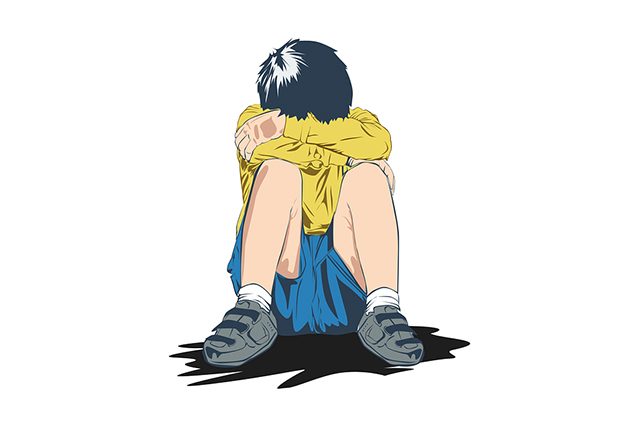The concept of child labor, exploitation and family planning was brought up online after a video of a 10-year-old farmer went viral.
The video came from an episode of GMA’s “Kapuso Mo, Jessica Soho” that was released on May 23.
In the 13-minute video, the 10-year-old boy from Sultan Kudarat dedicated his young life to farming to help his family or his grandparents who raised him.
The child and the horse tirelessly tended the two-hectare farm while his grandfather harvest the crops.
“Naaawa rin. Kasi batang-bata pa eh. ‘Yung mga ibang bata, laro lang ang kanilang iniisip,” his grandparents were quoted in the video, saying.
When asked about his parents, the young farmer shared that his mother left and remarried. His father, meanwhile, got arrested over illegal possession of firearms.
The child also admitted that if his father did not leave them, he would not have to work at his age.
“Napapagod na po akong mag-araro dahil lang sa kanya. Kung nandito lang po siya, hindi na po ako mag-aararo. Pero sige lang, kakayanin ko para sa pamilya ko,” the young farmer said.
After it was released on Facebook, the episode gained traction.
As of writing, the video of the segment gained over 17.8 million views and 1.9 million reactions.
GMA Public Affairs also released a social media card listing down bank accounts where the public can donate to the young farmer’s family.
The young farmer’s story initially earned messages of compassion and support for him on social media.
However, some social media users raised concerns that there is a tendency to romanticize poverty and child labor through these stories.
On child labor, exploitation and family planning
Content creator M.A. Buendia shared a post featuring a quote from the young farmer.
“Napapagod na po ako. Maliit palang po ako ganito na ang trabaho ko. Pero sige lang, kakayanin ko para sa pamilya ko, ma’am,” the young farmer was quoted as saying.
In his post, Buendia emphasized that couples should not have children if they can’t afford to take care of them.
“If you can’t afford to have kids, don’t reproduce. Stop romanticizing children working to help the family. It’s not what they’re born for. Break the cycle. They deserve better!” he said.
In a separate post, Buendia reiterated that having children is a big commitment.
“Having children is expensive and it’s a bigger commitment than getting married,” he wrote in one of them.
Content creator Renz Saavedra similarly voiced out that bearing children should not be seen as the “retirement plan” of parents.
Saavedra also stressed that Filipinos should not romanticize child labor and exploitation.
“Hindi po retirement plan ang mga anak, opo. Your child is not an investment. Kung hindi niyo po kayang buhayin mga future junakis (anak) niyo, wag na po kayo mag-anak, simple,” he said.
“Children need a life that they deserve wag po natin i-romanticize ang child labor and exploitation. At higit sa lahat, magkaiba ang ‘mulat sa realidad’ sa ‘biktima ng realidad’,” he added.
Saavedra noted in his post that what happened is a “systemic problem.”
“This is a systemic problem, don’t blame the parents alone. Most of them don’t have the opportunities as well dahil they’re poor,” he wrote.
The young farmer’s plight also brought up other political issues. Some Filipinos compared the young farmer’s struggles to labor groups in Manila who demand P10,000 worth of cash aid.
The call for additional financial aid came from Filipino workers in Metro Manila who were severely affected by the still raging coronavirus pandemic.
READ: ‘Barely enough’: Why workers are asking for P10,000 monthly ‘ayuda’
Facebook page Reklamador, on the other hand, re-posted another user’s post stating that Lumad children also spoke about their poverty-stricken situation.
“When the Lumad children spoke against the structures that made them poor, you never cared. When a random child’s poverty was sensationalized by media, you suddenly cared. You only care for as long the poor does not resist,” the quote in the post read.










